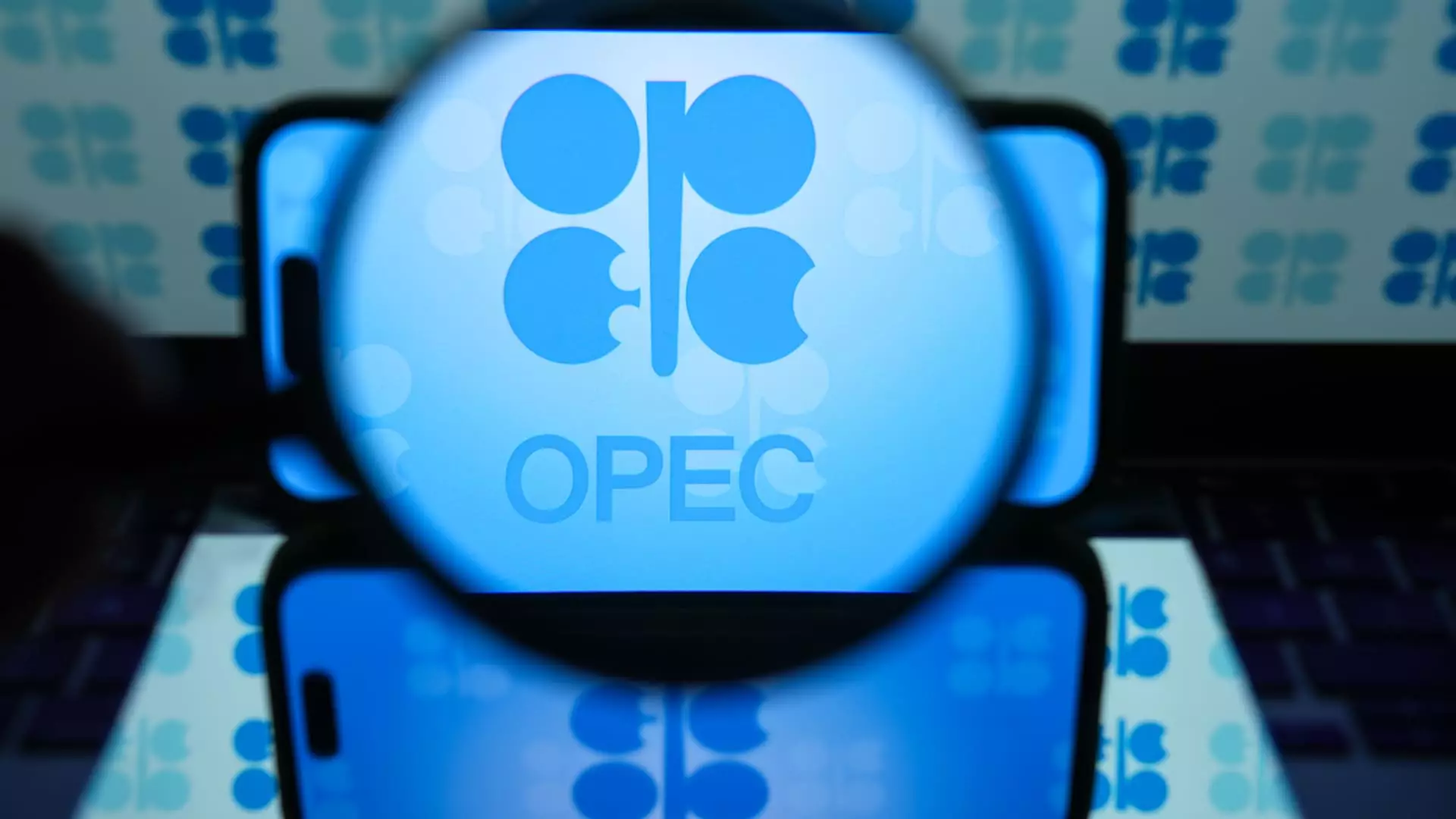The recent decision by OPEC+ to ramp up oil production by a seemingly modest 548,000 barrels per day is anything but a straightforward response to market fundamentals. In reality, it exposes a manipulative attempt to influence the global economy—favoring certain nations while creating volatility and uncertainty that harm everyday consumers and small economies alike. This increase, which surpasses initial expectations, appears more strategic than necessity-driven, hinting at geopolitical ambitions cloaked under the guise of market stability.
This coordinated move is less about balancing supply and demand and more about geopolitical signaling. Saudi Arabia and Russia, as dominant forces within the alliance, are leveraging production decisions to sway global oil prices, subtly dictating economic conditions far beyond simple supply metrics. Their focus isn’t purely on maintaining a healthy market; it’s about wielding energy resources as leverage in international negotiations, potentially destabilizing markets that are already fragile due to global economic shifts and political tensions.
The Illusion of a Steady Global Economy
Claiming that the increase is justified by a “steady global economic outlook” is a troubling oversimplification. The reality is far more complex. While some economic indicators may seem stable, numerous signs suggest simmering unrest—rising inflation, energy price volatility, and geopolitical conflicts that threaten supply chains. A superficial glance at low oil inventories or temporary demand spikes does not tell the full story. Instead, these nations are capitalizing on temporarily favorable conditions to artificially influence prices, often at the expense of consumer nations and developing economies that rely heavily on affordable energy.
Furthermore, the decision to unwind previously established voluntary cuts is a calculated move designed more to influence market sentiment than to respond to genuine supply concerns. By doing so, OPEC+ manipulates perceptions of scarcity and abundance, which in turn affects investment decisions, currency valuations, and geopolitical stability. This isn’t about ensuring energy security but about consolidating control over a commodity that remains a vital backbone of the global economy.
The Broader Implications for Global Justice and Stability
This apparent hunger for profit and control highlights a significant imbalance within the global economic system. It underscores how economic powerhouses—especially oil-producing nations—often prioritize short-term strategic gains over long-term stability or environmental sustainability. Their actions often exacerbate inequality, burdening consumers in power-hungry countries with unpredictable prices and inflationary pressures, while reaping enormous profits themselves.
For a center-leaning liberal perspective, such behavior is deeply troubling. It reveals a system that rewarding dominance over cooperation, fostering a cycle of volatility that hampers sustainable development and climate commitments. As the world grapples with the urgency of transitioning to renewable energy, these manipulative tactics serve as a glaring reminder that fossil fuel politics remain entrenched, prioritized over genuine efforts to create a more resilient and equitable global energy framework.
The decision by OPEC+ is a clear demonstration of how economic decisions are often driven less by genuine market needs than by geopolitical power plays. As nations on the margins suffer from these unstable prices, the desire for stability and fairness must be prioritized over manipulative attempts to sway the market for narrow national interests. It’s high time we recognize that reliance on volatile fossil fuels is a political choice—one that challenges the principles of justice, sustainability, and democratic accountability.

Leave a Reply